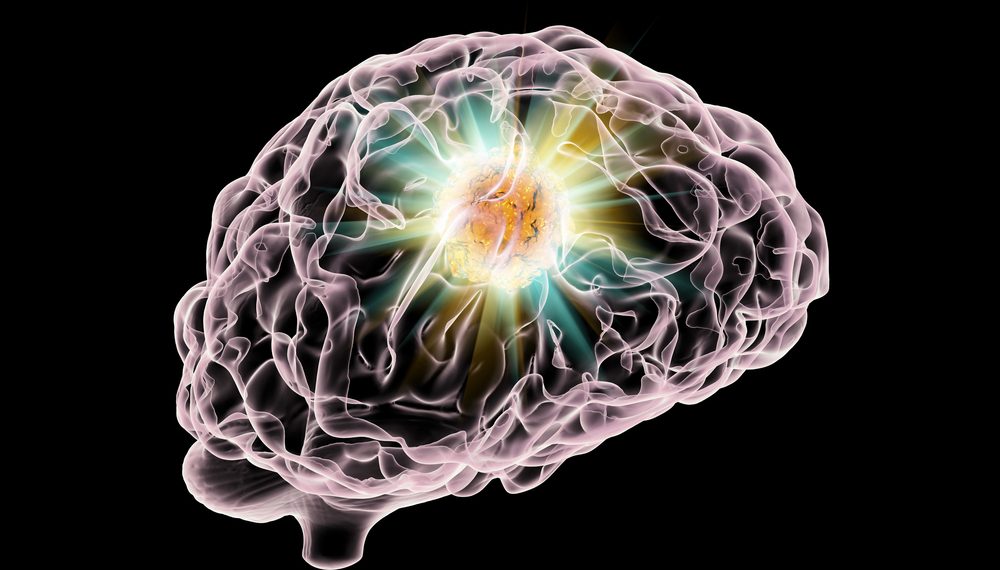Are you suffering from neck pain and numbness? Do you wake up in the morning and wonder if it will be possible for you to get up the next day without pain? You could have a CVA, or stroke-related amnesia. In this article, we'll explain what a CVA is, how it's caused, and how you can treat it.
What is a CVA? A CVA is a stroke may include symptoms such as loss of consciousness, drooling, numbness, difficulty speaking, or difficulty moving your limbs. It is caused by a sudden or unexpected interruption or reduction in blood supply to an affected area of your brain. A common cause of a CVA is a bleed or a cut in the head; other causes include cerebral inflammation (such as during a stroke), meningitis (swelling of the face or brain), or a herniated (or swollen) brain bone. In rare instances, a CVA may be caused by head trauma, certain infectious diseases, or tumor growth. A treatment for a CVA depends on the exact cause and the severity of symptoms.
So, now that you understand what a CVA is, what causes them, and how they can affect you, let's talk about treatment. A good treatment plan should include the use of pain relievers to control symptoms, as well as taking vitamin C supplements to strengthen muscles and nerves, or taking aspirin to thin blood clots that are usually responsible for a CVA. While more research is needed to determine the best treatments for CVA, a treatment plan with these important ingredients can help you reduce your risk of further damage to the brain and lessen your symptoms, allowing you to get on with your life.


















Discussion about this post